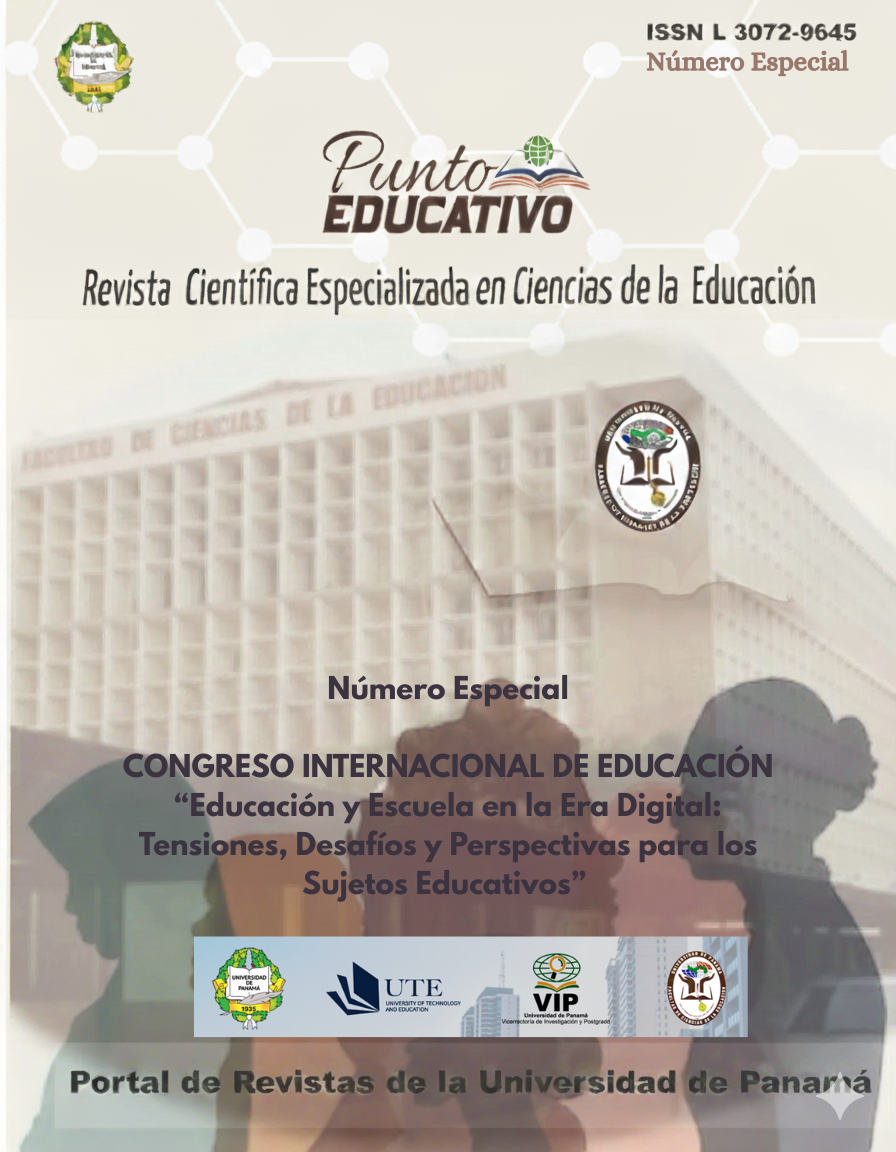

Copyright (c) 2025 Punto educativo

This work is licensed under a Creative Commons Attribution-NonCommercial-ShareAlike 4.0 International License.
Didactics is recognized as a developing field that investigates the teaching and learning process, with the primary goal of promoting the best ways to transmit knowledge, skills, and competencies to students, thereby facilitating their holistic development and their ability to face societal challenges. On the other hand, pedagogical accompaniment is established as a strategy that fosters teacher reflection and supports educational practice thru guidance and the incorporation of contextualized teaching methods relevant to the educational process. This practice encourages the creation of support networks, the exchange of resources, and collaborative work among teachers who share similar objectives.
Initially, a review of the theoretical foundations of didactics, as well as the pedagogical accompaniment strategy, is presented. Additionally, it offers an overview of the emergence of new teaching methodologies in Colombia, where learning revolves around the student and strategies are established to actively involve them in their educational process. In the second part, a reflection is presented on the limited or nonexistent implementation of innovative teaching methods in Colombian schools and the national government’s approach to implementing pedagogical support strategies thru the Todos a Aprender Program.
The conclusions of the analytical essay are presented, drawn from a review of the literature and reflection informed by the national context. First, didactics promotes the acquisition of knowledge thru the development of context-adapted strategies, methods, and techniques that facilitate learning. Likewise, pedagogical support promotes teachers’ professional development, the adjustment of learning methodologies, and the cross-curricular integration of subject areas thru reflection on pedagogical practice. Reflection on the national context yields a third conclusion: the persistence of traditional methodologies in classrooms despite the emergence of innovative teaching approaches. Finally, reference is made to the Todos a Aprender Program, considered a good national government strategy that supported classroom practices, enabled the exchange of experiences and learning processes, and fostered teacher training.
Finally, it is worth mentioning that incorporating active teaching methodologies in the classroom is essential for developing meaningful learning experiences centered on students’ holistic development and aimed at fostering life skills